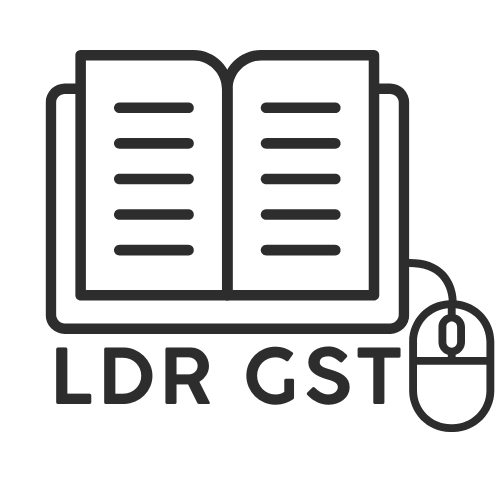Streamlining Investigations under GST without conflict of interest
The Ministry of Finance, Government of India, on 30th March 2024 has issued comprehensive guidelines vide Instruction No. 01/2023-24-GST (Inv.) for CGST field formations.
The 6 important key takeaways from the circular are:-
1.Responsibilities of (Pr.) Commissioner:
Under the purview of their allocated jurisdiction, Principal Commissioners are entrusted with the task of overseeing the development, approval, and execution of intelligence, searches, and investigations.
Additionally, they are responsible for coordinating with divisional formations and ensuring timely action on investigative matters.
2. Approval Process for Investigation Initiation:
Investigations must receive explicit approval from the (Pr.) Commissioner before initiation, except in specific scenarios outlined by the CBIC.
Situations necessitating prior written approval from the zonal Chief Commissioner include
a. matters involving novel interpretations,
b. large industrial houses,
c. sensitive issues, or
d. those under consideration by the GST Council.
3. Coordination and Information Sharing:
(Pr.) Commissioners must verify, if any ongoing inquiries pertain to the same subject matter or taxpayer across different investigating offices.
Collaboration with other investigating offices is encouraged to consolidate subject matters under one unit, fostering efficiency and avoiding redundant efforts.
4. Collaboration with DGGI:
Instances where the jurisdiction of the Directorate General of GST Intelligence (DGGI) intersects with CGST zones necessitate cooperation and coordination.
The Principal Commissioner may refer relevant matters to the Principal DG, DGGI for further action, ensuring seamless collaboration between the entities.
5. Communication requirements with Taxpayers:
Instead of immediately summoning listed companies, PSUs, corporations, or government departments, officials are encouraged to initiate communication through official letters as first line of action.
These letters should articulate the rationale behind the investigation, cite relevant legal provisions, and specify a reasonable timeframe for response.
6. Timely Conclusion of Investigations:
The CBIC emphasizes the need for investigations to be concluded within one year, with no undue delays in issuing Show Cause Notices (SCNs) or closure reports.
Grievances related to ongoing investigations can be addressed to the designated Grievance Officer, typically the Additional/Joint Commissioner.
Well.....
This CBIC’s guidelines are a progressive significant step representing a path towards fostering transparency, accountability, and efficiency in the investigation process. Also, by delineating clear protocols, promoting inter-agency coordination, and prioritizing timely resolutions, these guidelines endeavor to create a conducive environment for businesses while upholding the tenets of tax compliance and enforcement without conflict of interest or compromise on investigation on tax evasions.
R. SRIVATSAN
NACIN, Chennai



Comments
Post a Comment